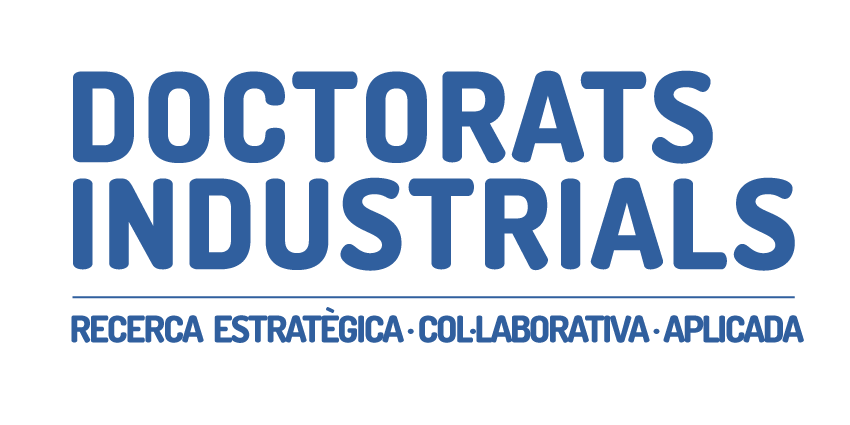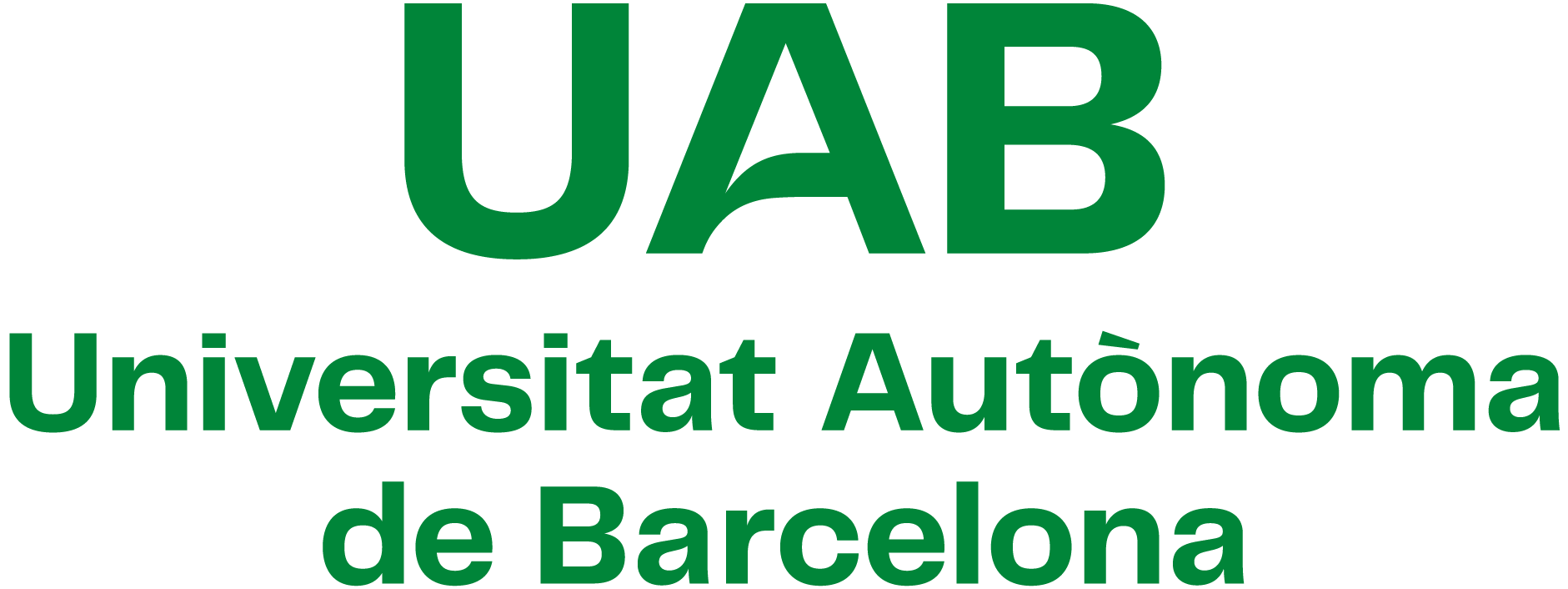Descripció del projecte
BACKGROUND
The increase of population and industrialization has led to the generation of huge amounts of waste that needs an adequate treatment before their final disposal. In particular, most of agro-industrial wastes are currently non properly treated and underutilized, which may cause negative effects on the environmental and human health. In addition, untreated wastes are associated to different problems with climate change by increasing the emission of greenhouse gases. In recent years, strategies aimed to resource recovery from different type of wastes have gained attention since they are able to reduce waste volume and riskiness alongside the production of value-added products, achieving strategic targets as circular economy and environmental sustainability.
In particular, the generation of polyhydroxyalkanoates (PHAs) from organic waste has arisen as a promising and environmentally friendly alternative to valorize this type of residue since PHAs is the main bioplastics’ constituent. Bioplastics are able to replace the conventional petroleum-based plastics which are considered a global environmental concern due to their accumulation in landfills and marine environments. PHAs are natural intracellular polyesters synthesized by some bacteria and used as energy-reserve material. PHA production is achieved throughout three processes in a row that comprise a first acidogenic fermentation step leading to volatile fatty acids (VFAs) production, followed by the enrichment of a mixed microbial culture with PHA-accumulating organisms, and the accumulation step to maximize the PHA content of the enriched-biomass. Finally, the synthesized PHA is extracted, purified and characterized. PHAs are currently considered as renewable resource-based polymers since they can be synthesized using organic wastes as raw materials.
To achieve high bioconversion rates of the organic wastes, the degradation of macromolecules contained in the raw organic waste into monomers must be ensured, and thus, hydrolysis is considered the rate-limiting process previous to the acidogenic fermentation stage. Furthermore, the distribution of VFAs obtained from acidogenic step is conditioned to both initial monomers and operating conditions. Hence, the deep understanding and improvement of the hydrolysis step of each specific waste arises as an essential task to guarantee the effective waste valorization. Venvirotech Biotechnology SL is a Spanish pioneer company in the sector of bio-based plastics production from organic wastes, contributing to the circular economy framework whereby residues can be turned into resources.
PROJECT OVERVIEW
The doctoral project aims to optimize the hydrolysis stage to improve waste biodegradability and to evaluate the obtained products (i.e. VFAs) from the acidogenic fermentation. Enzymatic- and physicochemical-based processes will be tested in different agro-industrial residues with the objective of maximizing the monomers content from the hydrolysis step. In this sense, the main goal is to identify the operating conditions of both hydrolysis and acidogenesis steps in order to obtain high PHA production yields from each tested residue. Hydrolysis assays will be carried out in lab-scale reactors. Once optimized hydrolysis conditions are identified for each residue, the whole process (i.e. hydrolysis + acidogenesis) will be conducted in pilot-scale reactors (> 250 L). An economic assessment will be also performed using the pilot-scale results.
The thesis will be developed in collaboration with the EURECAT Sustainability Area and the UAB GENOCOV research group, both with long-standing experience in wastewater treatment and in the development and implementation of resource recovery strategies. The PhD student will be enrolled in the doctoral program of “Environmental science and technology” at the UAB and will perform its research at both VEnvirotech and EURECAT.




